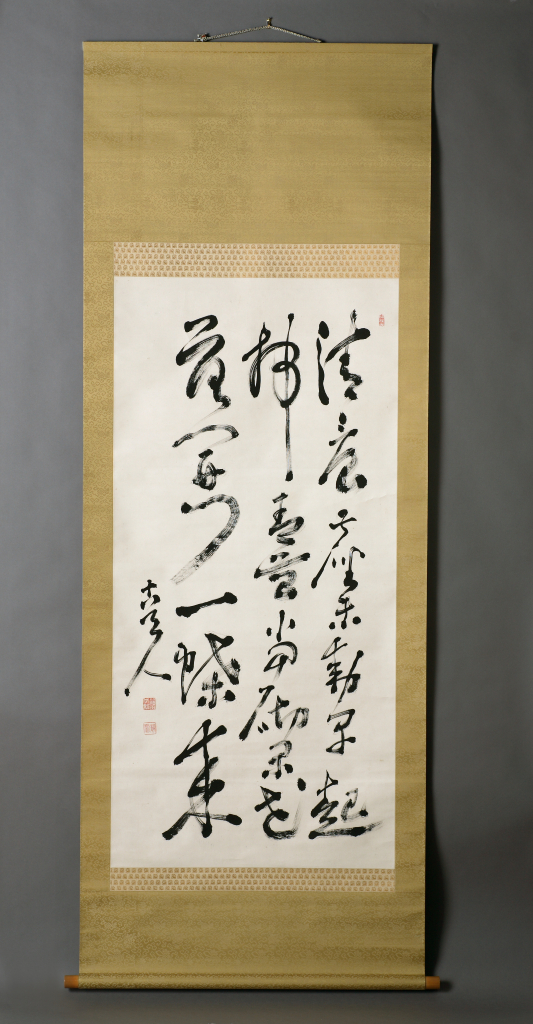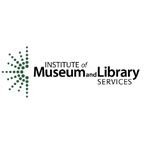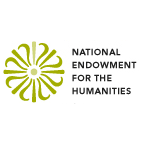Spring Dawn (Calligraphy)

Fukuda Kodōjin, Spring Dawn (Calligraphy), 1928, hanging scroll; ink on paper, Museum Purchase: Funds provided by Travers Hill Polak, no known copyright restrictions, 2009.60
This work is not currently on view.
- Title
Spring Dawn (Calligraphy)
- Related Titles
original language: 春の曙(書)
- Artist
- Date
1928
- Medium
hanging scroll; ink on paper
- Dimensions (H x W x D)
54 1/8 in x 26 in
- Collection Area
Asian Art
- Category
Calligraphy
- Object Type
hanging scroll
- Culture
Japanese
- Credit Line
Museum Purchase: Funds provided by Travers Hill Polak
- Accession Number
2009.60
- Copyright
no known copyright restrictions
- Terms
Fukuda Kodōjin’s lifetime coincided with tumultuous change in Japan, as the country went from a feudal state to an urban, industrialized, and militarized nation. Kodōjin rejected the entire package of modernity, choosing instead to live in an isolated village on the outskirts of Kyoto. There he wrote poetry, painted, and practiced calligraphy, emulating the scholar-poets of ancient China. This calligraphy, in semi-cursive script, records a Chinese poem, possibly one of Kodōjin’s own compositions. The poem is followed by the artist's signature, Kodōjin (Old Daoist), and two seals.
清辰塵未動 早起掃青黄 當砌閑花落 開門一蝶来
Spring dawn: not a speck of dust has yet stirred Getting up early, I am purified by the morning sun On the stone pavement, a flower drops in silence I open the gate, a butterfly comes in.
!T!Transcription and translation by Sadako Ohki









